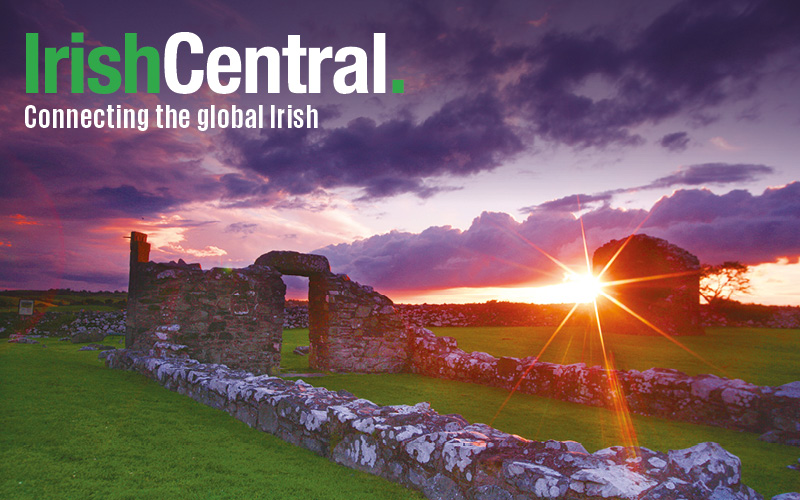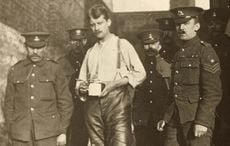What will be the lesson of this pandemic, once it comes to an end? It's starting to come into focus, isn't it?
We were all living on borrowed time and the bill finally came due. The only surprise was that it was a pandemic that threw all this cold water at our faces, rather than a major recession or even another popular political revolt.
The first question we have been left with is how did we allow this country and the entire world to become so dangerously and economically unequal, with a ballooning number of billionaires and their billion-dollar companies paying less in tax than just one single American high school math teacher year after year?
Read More: How New York's paradise was lost, and why it may return after COVID-19
Then we have to ask how did we elect an overstuffed would-be autocrat who shows more interest in his own popularity ratings than for the 68,000 Americans who have died on his watch in the last two months?
Then we must ask how did we convince ourselves that our neighbors complete lack of health care options would never affect our own? If ever we are being taught an unforgettable lesson about the need for a functioning national health care service, it's now.
Our hospitals have barely survived the surge of critical patients, but we must be prepared for an even deadlier one later this year. So it turns out that free-market libertarianism is no earthly use in a pandemic, either.
Read More: Trump failed to keep America safe, he's failing the coronavirus dead now
Then we have to wonder about the wisdom of making access to higher education a luxury rather than a right. Narrowing public access to university has narrowed our own outlooks, resulting in an era of angry populists.
After all that, we must wonder why we did nothing to halt the unsustainable impact our global polluters were having on the natural world, destroying animal habitats and permitting us access to previously pristine natural worlds (and to the dangerous viruses that we have no natural defense against).
We also forgot to notice that we live in a global market place that means, despite what some of us may think of some other nations, that our fates are unbreakably intertwined with theirs in ways that this pandemic is finally forcing us to acknowledge.
We have to understand now that we cannot continue to divide the world into winners and losers, where your fate and fortune is decided by your position on a world map at birth, then claim to be surprised or shocked if enterprising immigrants decide to even the odds with their feet.
Read More: Trump and McConnell to New York City: drop dead
It's truly remarkable that the coronavirus consistently attacks the most vulnerable with the most lethal force. Communities of color, the poor, the old, the frail, are among its first and main targets. That's because these groups are already marginalized in various ways, lacking the same access to critical care, or testing, or sometimes even to the expectation of recovery.
So the coronavirus seems to weaponize our prejudices, creating disproportionate victims that happen to coincide with our own systemic value systems and expectations for others.
We could learn something from this. We could learn that what targets one community now may later target another closer to home. We could learn how our prejudices shape reality and could eventually puts us all at risk. We could see how our own unexamined biases could soon literally kill us.
But are we learning that? Or are we hoping not to pull a short straw before this ends, hoping that death will pass over our house like an angel in the Old Testament?
For years now, all of us have lived with the unmistakable awareness that the global game is being increasingly rigged for the benefit of the few over the many. We have lived in a new gilded age on steroids. We have felt individually powerless to do anything about it.
But if the coronavirus is teaching us anything of value its is just how powerful our global connection can be, for good or ill. But we are not just connected economically, or technologically, we are connected physically too.
Borders are just imaginary boundaries, a virus needs no nationality or passport, Trump's wall is a laughable nothing to it. There's a profound lesson in this. Everything connects. Everyone.
So now we can slowly begin to discern the profile of the new world we will soon inhabit. It will not look or feel the same as the world that we left behind in early March. But that's fine, because it was hurtling toward its own destruction by any metric.
In this new world, we have an unexpected and unearned chance to change all the things that have conspired to defeat us. You may think that your life was turned upside by this outbreak, but in fact, you haven't seen anything yet.
Change is coming.
Read More: What New York City looks like in the eye of the COVID-19 storm




Comments